On June 14, 1941, German commanders amassing their forces on the Soviet border received the message “Dortmund”. The name of the city on the River Ruhr was the prearranged codeword that the final preparations for Operation Barbarossa were to begin as a prelude to the commencement of the invasion of the Soviet Union. From this moment on, there could be no turning back. This was the culmination of months of German planning and preparation, and more than a decade of ideological conditioning on behalf of the Nazi regime. It was to be the crucial step in the Nazi plans for European, and eventually global, dominance, yet in retrospect many have argued that it was Hitler’s greatest folly.
In this series, I’ve contemplated how changes in German and Soviet strategy could have altered history and the fortunes of each side, but now that we’re at its end I’d like to finally consider what might have happened if instead of the “Dortmund” message the German commanders at the front had instead been sent the codeword “Altona”, the signal indicating that Barbarossa had been canceled, or at least postponed.
It’s difficult to imagine such a scenario. Hitler had talked of invading the Soviet Union as early as 1922 and had been discussing it as a military reality since the summer of 1940. However, the actual planning for Barbarossa only began in December 1940 and prior to that it might have just been possible that Hitler could have been persuaded to pursue different goals, at least as a prelude to his eventual ambition.
To find out why this might have happened, we need to go back to a train journey undertaken in the autumn of the previous year, one that would shape the course of European history.
Hitler’s Mediterranean strategy: October 1940
On October 23, 1940, Hitler’s personal train arrived in the French town of Hendaye near the Spanish border, where Francisco Franco, the Spanish dictator, was waiting for him. Hitler hoped to convince Franco to join the Axis war effort against Britain, who Germany had still failed to subdue. With the Luftwaffe defeated over the skies of southern England, he had been forced to postpone his planned invasion of Britain and was now looking for new ways to bring the British to the negotiating table. If Franco agreed to join the war, or at least to permit the transit of German troops through Spanish territory, then the Wehrmacht could strike at Gibraltar, the British-controlled Rock whose position at the gates of the Western Mediterranean made it strategically invaluable.
The following day, Hitler would meet Marshal Philippe Pétain, head of the French State (more commonly known as Vichy France based on the spa town in which its government was situated) in the commune of Montoire. The Vichy regime had fallen into the German orbit ever since they had signed the armistice effectively removing France from the war, but the state maintained a great deal of autonomy, which caused Hitler to parlay with the aging French dictator. Hitler hoped to bring Vichy into the war against the United Kingdom or at the very least allow greater Axis use of the French Empire in North Africa and the Middle East to strike at the British Empire.
If Hitler could have convinced these men to side with the Axis, or at least provide the use of their territory for Axis operations, it would greatly assist Hitler’s Italian ally, Benito Mussolini, in his invasion of Egypt. This endeavor had gotten off to a slow start but still seemed like it might succeed in capturing the Suez Canal, enabling an Axis advance into the Middle East as far as India. From there, the Axis would not only have total control over the Mediterranean but could cause such damage to the British Empire that they would have to sue for peace while positioning the Germans within striking distance of Soviet oil fields in the Caucasus.
German Admiral Erich Raeder, one of the most enthusiastic proponents of this strategy, argued that invading the Soviet Union would become much easier if this were to be achieved, predicting that,
If we reach that point… the Russian problem will then appear in a different light. It is doubtful whether an advance against Russia from the north will be necessary.
Hitler’s obsession with destroying the Soviet Union is unlikely to have ever been alleviated, but if he could have been convinced that a Mediterranean strategy might knock Britain out of the war and create more favorable conditions for a blow against Stalin, it’s possible he may have considered it.
In our time, Hitler stopped entertaining such thoughts after both Franco and Pétain refused to facilitate such a strategy. But had they accepted, with a mixture of carrots and sticks, to at least allow Axis troops use of their territory, it’s quite possible that Barbarossa would have been postponed.
With Axis forces focused entirely on the destruction of the British Empire, Allied victory would have become a vague and distant prospect. With Spanish cooperation, the Germans would have succeeded in isolating and eventually capturing Gibraltar while the use of French North Africa would make it far easier for supplies to be sent to the Axis forces in North Africa.
Although it’s likely that Mussolini’s invasion of Egypt would still have ended in disaster for the Italians as it did in our time, when German help arrived it could do so in far larger numbers without the need to hoard resources for the Eastern Front. With the use of Vichy ports in North Africa and a far larger amount of trucks available, it’s likely that Erwin Rommel’s Afrika Korps could have at least doubled in size from one armored division to two. Rommel, never a fan of the nuts and bolts of warfare that is logistics, would have been far more capable of advancing on Alexandria and Cairo, and eventually Suez in the summer of 1941.
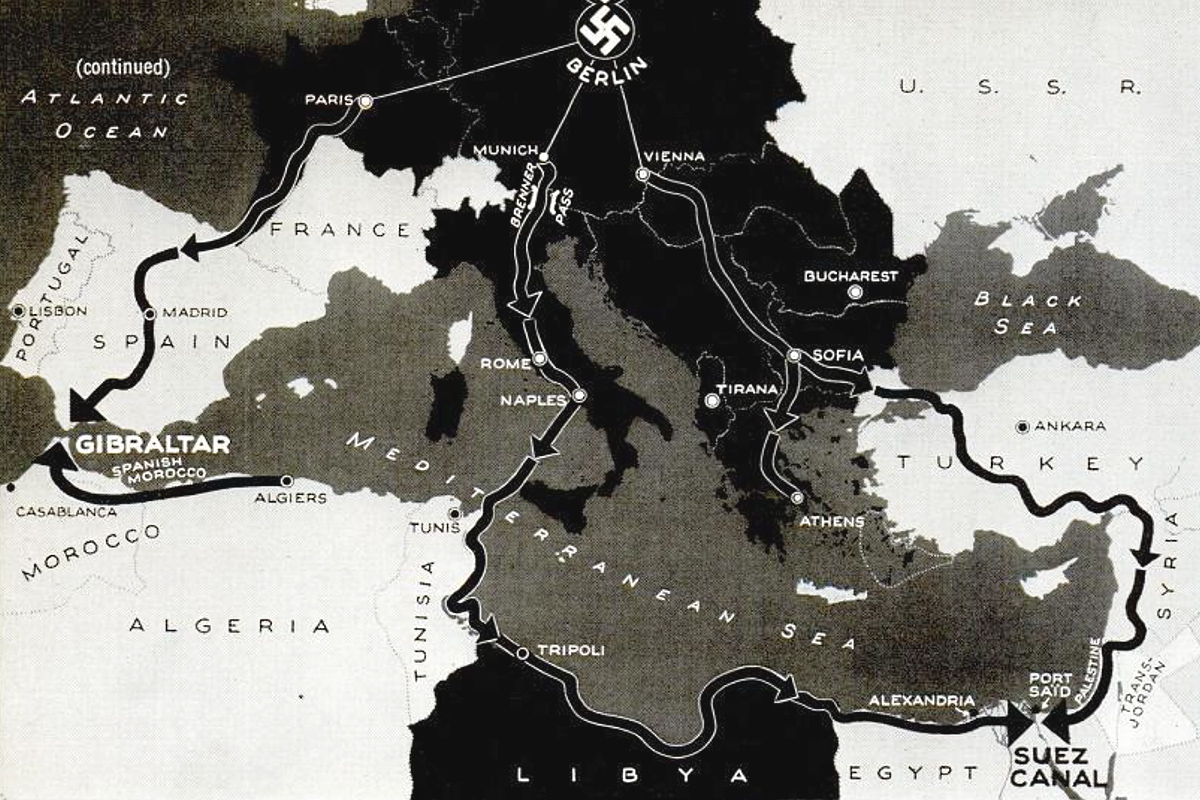
He would have failed still. The infrastructure of Libya was so lacking that only a single road could have been relied upon even with a larger number of trucks available with Egypt posing even greater difficulties: any advance on the Suez Canal would have relied heavily on the capture of the vital Egyptian port of Alexandria with the Axis still having to rely primarily on the Libyan port of Tripoli beforehand. The distance between Alexandria and Tripoli is further than that between Berlin and Moscow, and for all the benefits of Vichy French collaboration Rommel’s tanks would still have ground to a halt short of his objective. By the end of 1941 Hitler’s plans would lie in ruins, but the Allies would have gained little more than a stalemate.
The Anglo/American-Nazi War: 1941-19??
Although the Soviets not being at war with the Germans would have changed Japan’s strategic picture, it’s likely that they still would have signed the Nonaggression Pact with the Soviets in April 1941, freeing them to move south. The Germans likely would have still declared war on the Americans shortly after Japan entered the war, viewing it better to start the war on their own terms as they did historically, but nonetheless the United States with its vast industrial power would now be on the Allied side.
The Americans and the British pooling their resources together means that the Axis would gradually have been removed from North Africa, either by a bloody advance west from Egypt or in conjunction with American landings in French North Africa as in our time. The latter would likely have been a more risky venture with Vichy actively cooperating with the Axis war effort, and Rommel would have been far more secure in defending Libya, but ultimately he would have been forced to retreat back to Europe with plans already likely afoot to turn the continent into a fascist fortress.
For the sake of the scenario, we’ll presume that Hitler doesn’t order an invasion of the Soviet Union in 1942 or further down the line, not too implausible if we consider that his focus might have remained on the Mediterranean far more than in our time and subsequently on facing an Anglo-American invasion.
With the war in North Africa over, the focus of both sides would turn to Europe, where a stalemate would likely endure for some time. Without the war in the east the Germans would have been able to focus far more efforts on the construction of fortifications and the production of anti-aircraft weapons and planes to keep the Allies from getting a foothold on the continent. The Germans would have been able to garrison far larger forces in Western Europe than those they could afford in our time while the Soviet Union would have continued to be a support for their war economy rather than a drain.
It’s likely Stalin would have begun to raise prices and demand payment upfront as it became clear that the Soviet Union was no longer in imminent danger, but it’s hard to see how things could have been made worse for the Germans than the Eastern Front was in our time. For the Allies, defeating Germany would have been a daunting task.
Historically, the American Victory Program had initially projected a goal of mobilizing 11 million men into an army of over 200 divisions by the end of 1944. It was thought that the Red Army might collapse and that the Western Allies would have to fight Germany singlehandedly. With the Soviets remaining neutral, this would have been a reality and the United States would have to attempt this costly expansion.
Historically, the Americans had come to the conclusion by early 1943 that the 200-division army wasn’t plausible without major disruption to the American economy with expansion being limited to 8.2 million men instead. These 8.2 million men, alongside the British Army’s three million men, would have had to be responsible in large part for the liberation of Europe.
For comparison, figures of Red Army military casualties in the Second World War vary between eight and eleven million dead. By 1945, the Allies would probably be ready to begin the liberation of Europe, promising a bloodbath that would stretch the Allied ability, let alone public resolve, to win the war to near breaking point.
It would be in the summer of 1945 that the Allies would acquire a weapon to decisively break the stalemate and potentially prevent a costly invasion of Europe. It’s hard to say where the first atomic bomb would have fallen on Germany. A target list was never compiled historically. But it’s likely to have been a city of great economic and/or military value.
Berlin likely wouldn’t have been a target, at least not initially, so the Allies could ensure there would be a government that could actually approve a surrender, but although the Nazi leadership would have undoubtedly have been shocked by the destructive power of the atomic bomb, it’s unlikely it would have been enough to make them surrender. Hitler had planned to reduce all of Germany to rubble if he faced defeat. It’s unlikely that even several cities being destroyed by nuclear fire would have been enough to shake his determination to fight to the bitter end.
An Allied invasion of France would have been necessary after all and even with air supremacy over France, and atomic bombs falling on German cities, the resulting conflict would have been a bloodbath for both sides. With the Allies having to use slow, attritional warfare against the mass ranks of the German Army, it’s not unlikely they would have begun to employ nuclear weapons tactically, with the Germans perhaps resorting to chemical warfare in desperation. The Allied push east would have been just as horrific as the Soviet push west in our time, if not more so.
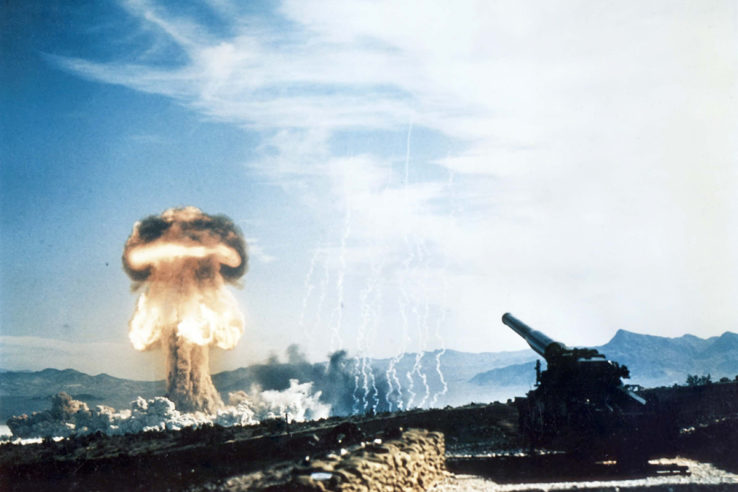
Eventually, the weight of the Allied advance, uprisings in occupied nations and repeated atomic bombs would cause Germany’s infrastructure to collapse and her war effort with it. Eventually, Germany’s allies would have abandoned her whether by choice or by a similar collapse, but it’s possible that the Allies may have had to advance all the way into Poland, depending on where Hitler or an equally fanatical successor chose to make their last stand. When the war would have ended is hard to predict, although by 1948 the United States would have begun mass producing nuclear weapons if they hadn’t already managed to do so earlier. It’s difficult to say which flag would have been raised over the Reichstag or whether the Reichstag would have still been standing.
Europe would have been wrecked, likely even worse than it was historically, not only with the destruction caused by the war itself but also the impact of years of longer Nazi rule. The Soviet Union remaining neutral would have spared Soviet citizens the nightmare of Nazi occupation, but those already under German occupation would have had to endure it for possibly years longer.
Deaths in the Holocaust were increasing year by year until 1944, when they reached their peak. By the end of that year, the Soviet advance had become a direct impediment to the operation of the Nazis’ death camps in Eastern Europe while those directing the genocide attempted to cover up their crimes in the face of imminent defeat. Had the outcome of the war still been in doubt, the industrialized genocide would have continued until whenever the Nazis final defeat took place.
At the same time, it is possible that the Germans would have pushed forward with plans to colonize Poland with German settlers; plans that in our time were delayed and eventually abandoned due to the demands of Eastern Front. Without it, the German plan to murder twenty million Poles to make way for “living space” may have been realized.
Conclusion: “That’s the union that’ll tear the fascists down, down, down”
It’s often the case in envisaging alternate-history scenarios that you find that the past may not have turned out too differently after all, but had these events transpired it is quite possible that the Europe of the present day would be unrecognizable to our own.
The Allied victory in the Second World War was a team effort, one that involved the Red Army doing the brunt of the actual fighting. The cost of victory to the Soviet Union, their country wrecked and the loss of countless lives, is unique in human history. While the Western Allies undoubtedly helped them in this endeavor, it’s not hard to imagine how difficult the task of defeating Nazi Germany would have been had the Soviets remained neutral. In time, Europe would still have been liberated, provided the American and British public could have held their nerve, but the trauma that lingers in many families across the former Soviet Union would have been ours to bear instead.
This story was originally published by Sea Lion Press, the world’s first publishing house dedicated to alternate history.

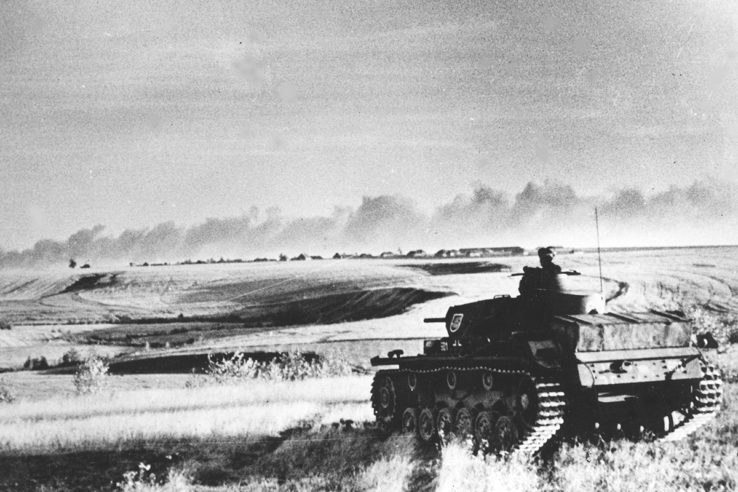
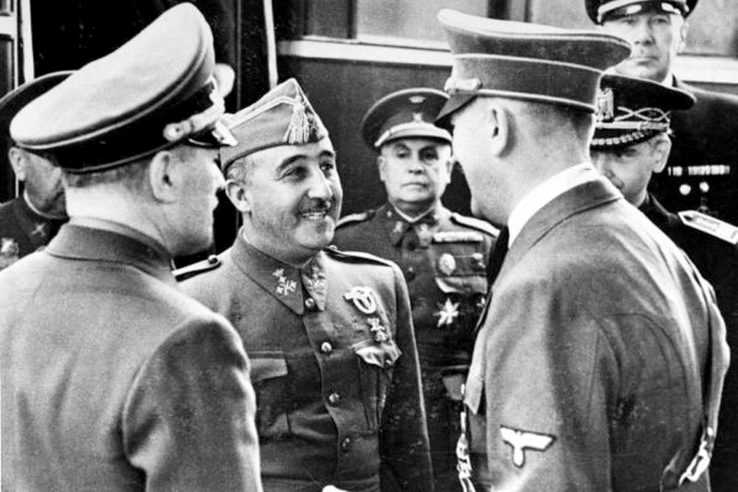


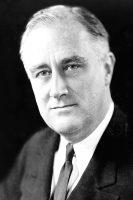

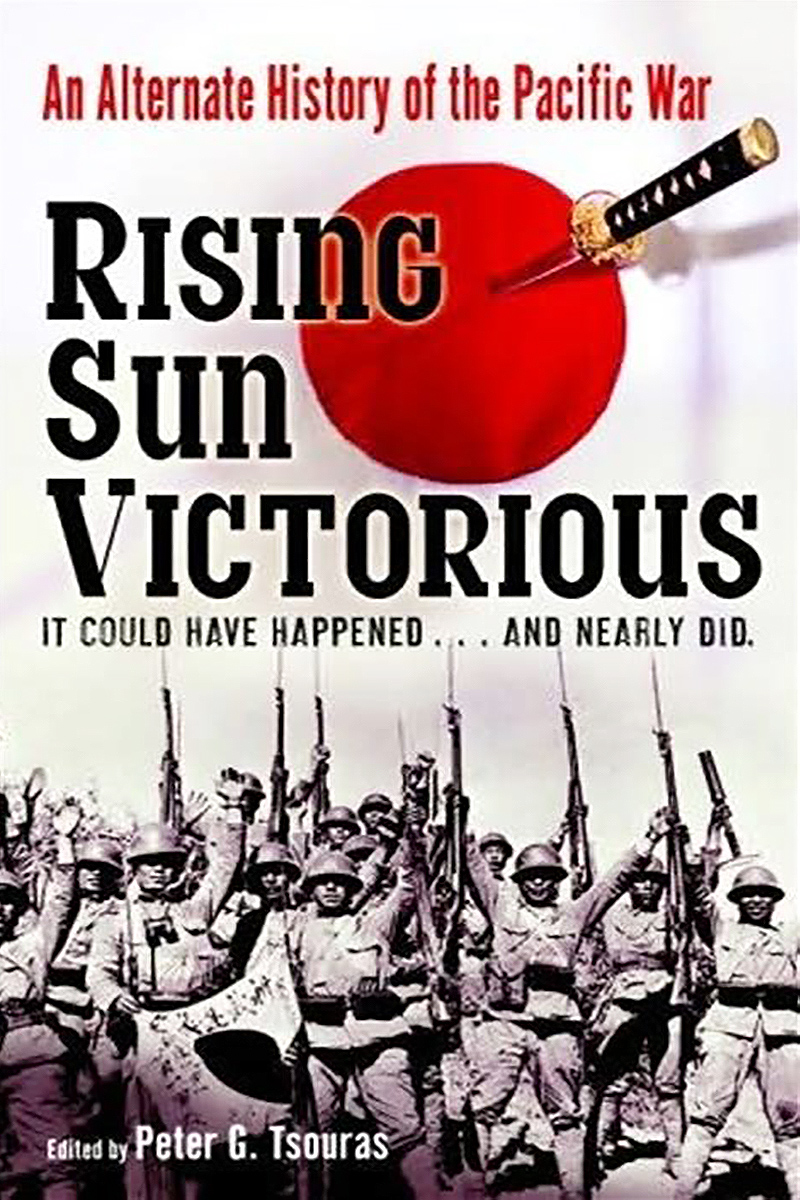
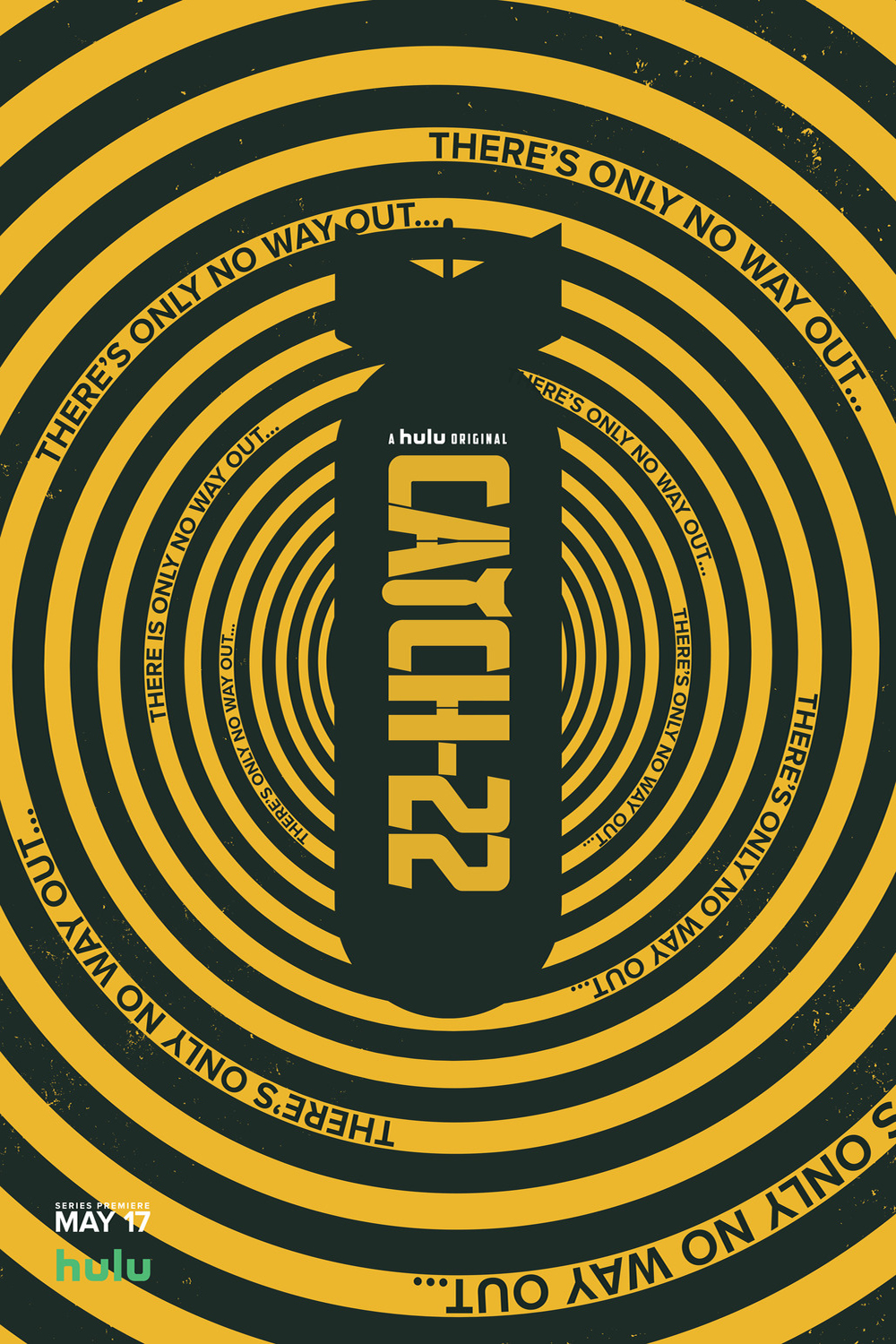
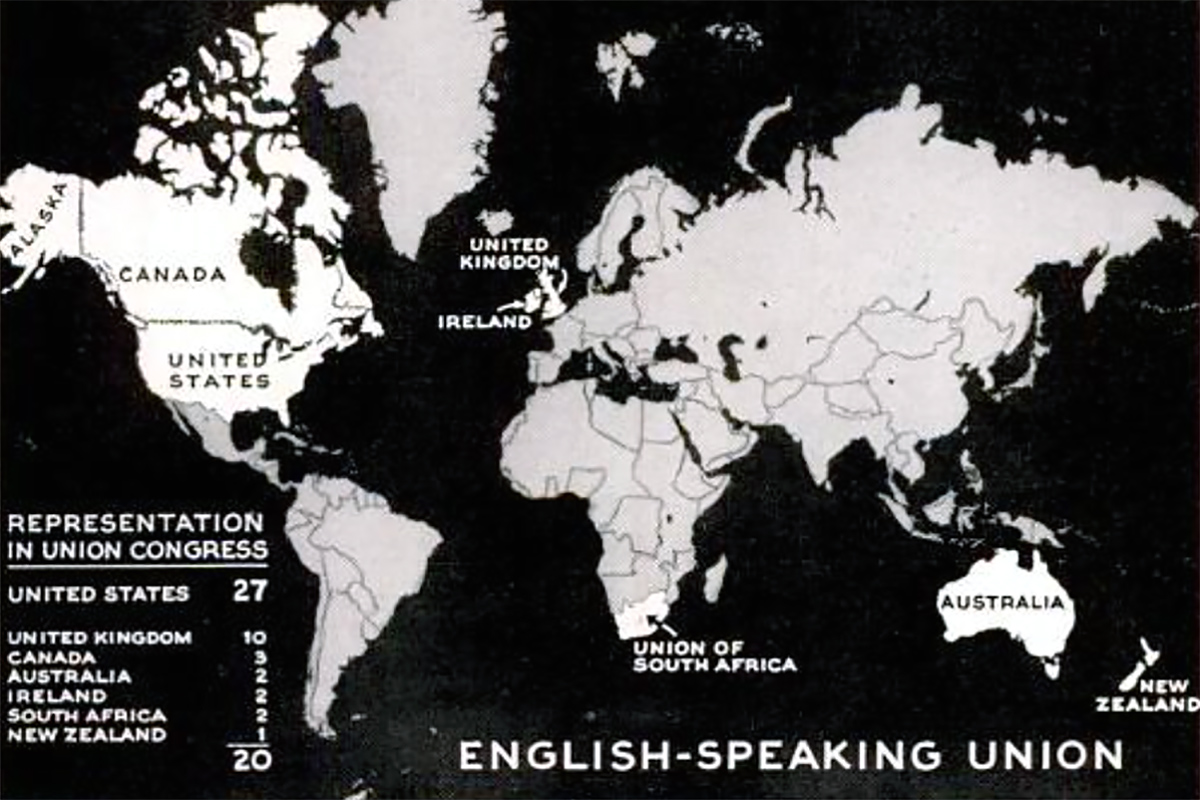
1 Comment
Add YoursThanks for an interesting article! I had forgotten the April 1941 USSR-Japanese Non-Agression Pact, yet another example of how Russia brought disaster on itself (and others) by supporting Fascism. Fascism and Communism were well-met and had much more in common than most people realise even today. Mercutio’s famous dying words were never more apt:- A plague on BOTH their houses!